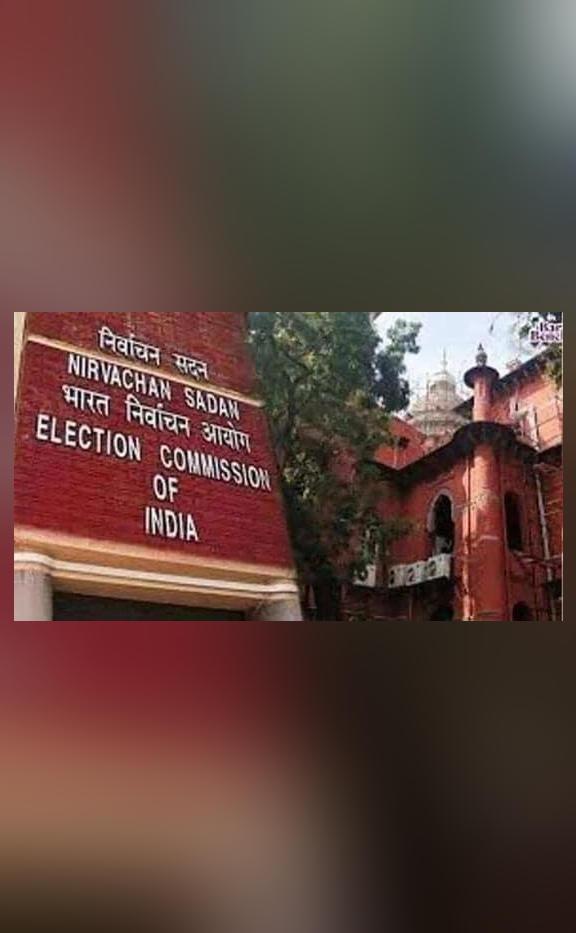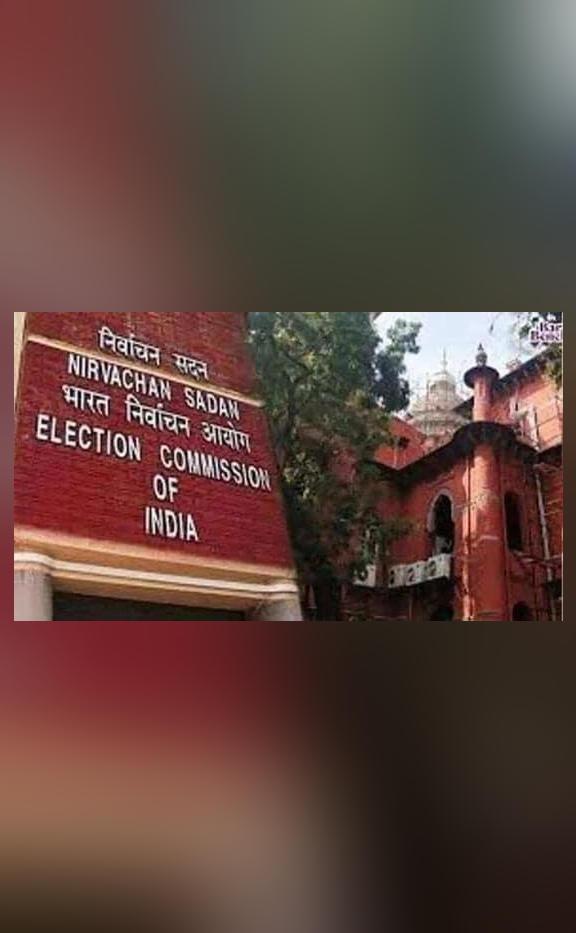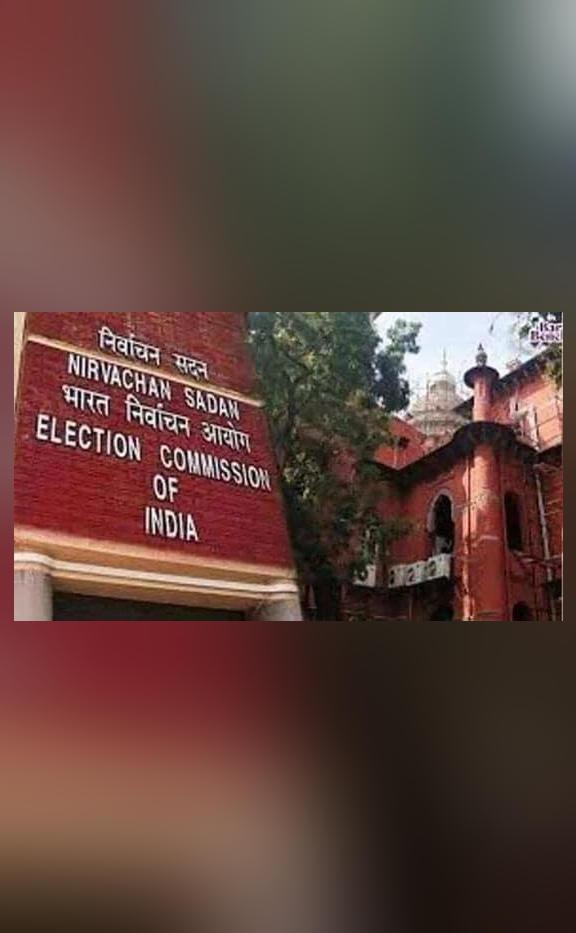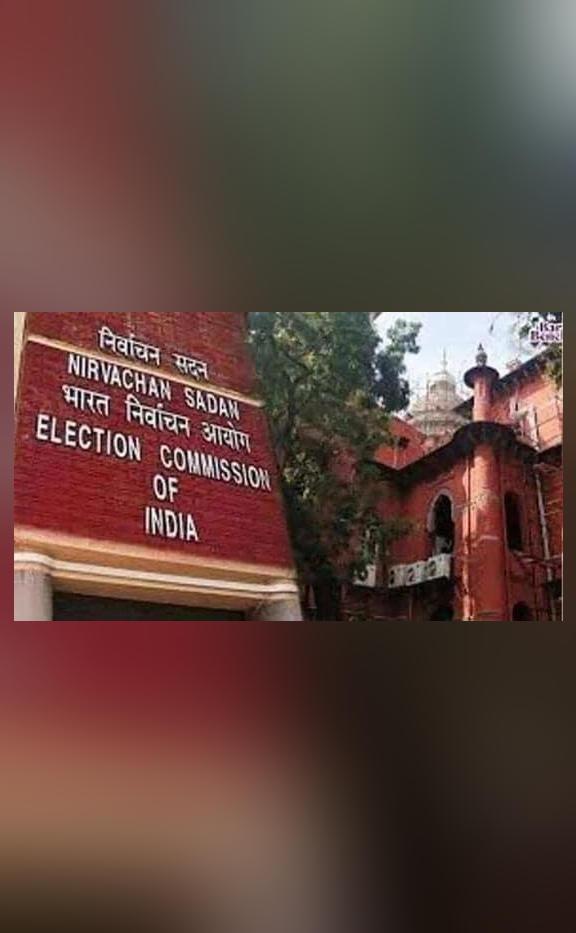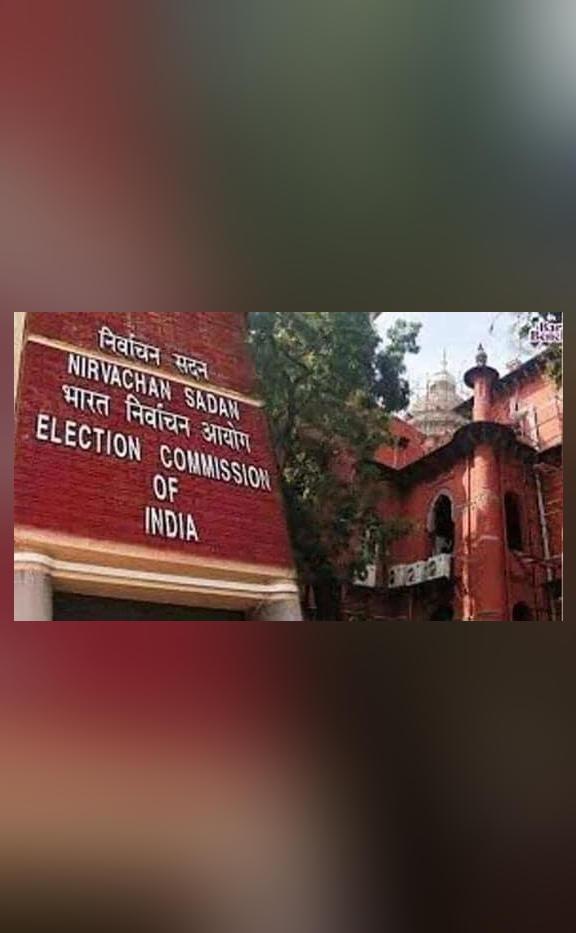
Aadhaar, Voter ID & Ration Cards Can’t be Considered for SIR: ECI
The Election Commission of India (ECI) has recently made a significant announcement that has sent shockwaves across the country. In response to the Supreme Court’s suggestion to accept Aadhaar, voter ID, and ration cards as standalone proof of voter eligibility in the ongoing special intensive revision (SIR) of Bihar’s electoral roll, the ECI has rejected the proposal. This decision has left many wondering what proof of eligibility can be accepted for the SIR process.
The SIR process is an exercise carried out by the ECI to update the electoral rolls of a state or union territory. This process is crucial in ensuring that the electoral rolls are accurate and up-to-date, and that every eligible citizen is able to exercise their right to vote. The ECI has made it clear that a person’s citizenship will not terminate on account of not being part of the electoral rolls.
So, what does this mean for citizens who are eligible to vote but are not currently registered? Those who are not registered can still register themselves by providing the necessary documents, which include a valid identification card, proof of residence, and a proof of age. The ECI has made it clear that the documents required for registration may vary depending on the state or union territory in which the person is seeking to register.
The ECI’s decision to reject the Supreme Court’s suggestion has sparked widespread debate and discussion. Some have argued that the decision is a necessary step to ensure the integrity of the electoral process, while others have argued that it is a retrograde step that will make it more difficult for citizens to exercise their right to vote.
In recent years, there have been concerns about the accuracy and security of the electoral rolls. The ECI has taken several steps to address these concerns, including the implementation of a facial recognition system to verify the identities of voters. The ECI has also made it clear that any attempts to manipulate or tamper with the electoral rolls will be taken seriously and will be dealt with accordingly.
The ECI’s decision to reject the Supreme Court’s suggestion is not the first time that the two institutions have disagreed on a matter related to the electoral process. In the past, the ECI has faced criticism for its handling of various issues related to the electoral process, including the timing and conduct of elections.
Despite the controversy surrounding the ECI’s decision, it is clear that the institution is committed to ensuring the integrity and transparency of the electoral process. The ECI has made it clear that it is willing to work with citizens and other stakeholders to address any concerns or issues that may arise during the SIR process.
In conclusion, the ECI’s decision to reject the Supreme Court’s suggestion to accept Aadhaar, voter ID, and ration cards as standalone proof of voter eligibility is a significant development in the ongoing SIR process. While the decision may be controversial, it is clear that the ECI is committed to ensuring the integrity and transparency of the electoral process. Citizens who are eligible to vote but are not currently registered can still register themselves by providing the necessary documents. The ECI is committed to ensuring that every eligible citizen is able to exercise their right to vote, and that the electoral process is fair and transparent.
Source:
